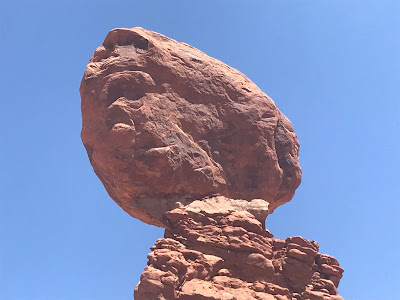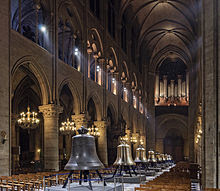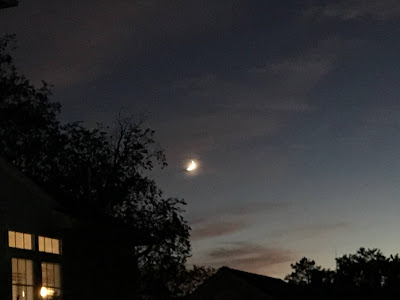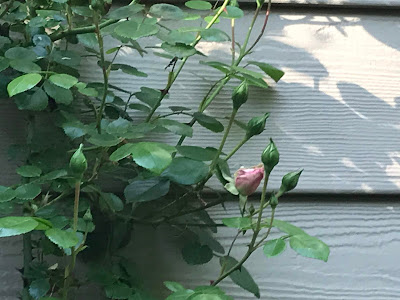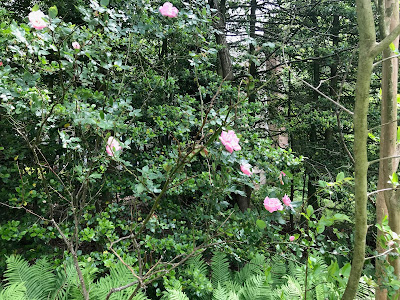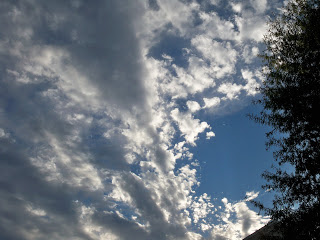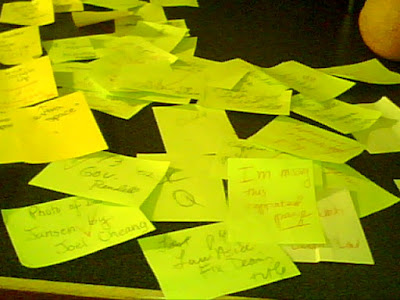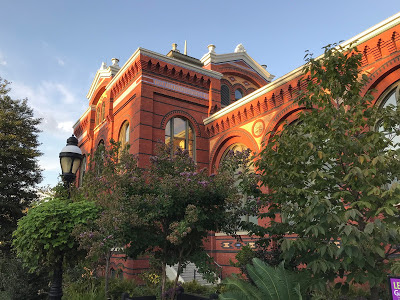Perfectly Balanced
Approximately one hour from now the Northern Hemisphere will leave summer behind and enter fall. While there is plenty of reason to mourn this passage — and I will certainly miss summer— there is something about these days, one in the spring and the fall, these equinox days of perfect balance, that I always admire.
It has something to do with moderation and tolerance, with being able to hold in one’s mind two opposite thoughts and feelings. Here we are with summer flowers and autumn chill. I like the variety of the day. It is a hinge, a bridge, a passageway.
So instead of concentrating on what we’re losing, I’m going to try and think about what we have today. In this moment we are perfectly balanced: a rarity in nature and in time.
